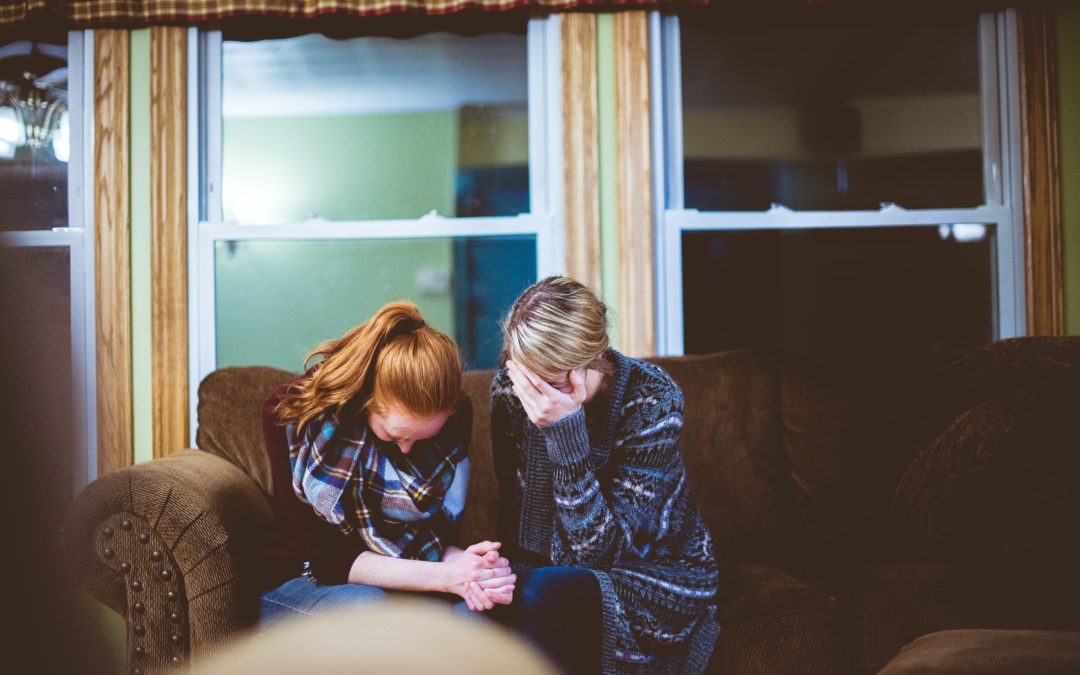Author: Sam Bowman
Losing a loved one and going through the grieving process is difficult for everyone. But, when you’re an individual with bipolar disorder, experiencing that loss can be even more difficult. The journey of grief can feel like it has more extreme ups and downs, and you might even struggle to move on to the next stage of grief in healthy, effective ways.
It’s important to know that you’re not alone, and it’s possible to cope with grief and your disorder.
With that in mind, let’s cover a few practical strategies you can use to navigate the challenges of grief as someone with bipolar disorder, so you can start to truly heal.
How the Grief Journey Can Impact You
There’s no question that grief can take a toll on your mental and emotional well-being. It often leads to issues like:
● Stress;
● Anxiety;
● Heart problems;
● Weakened immune system;
● Physical pain.
When you have bipolar disorder, you’re more likely to experience complicated grief. Complicated grief occurs when the symptoms are more severe and tend to last a long time. Individuals with bipolar disorder need to have time and space to grieve properly, and that isn’t always possible after a loved one dies.
You might feel like there are a thousand things on your plate, or that you have to be strong for others in your family. Unfortunately, that’s likely to make your symptoms even worse. You might even start to experience guilt or shame because of your feelings, or you might try to hide them away, which is likely to result in heavier, hard-to-ignore emotions later.
The Practical Side of Coping
Taking care of a few practical items after a loved one’s death can serve as a healthy distraction. You’ll take comfort in knowing you’re doing something for that person and you can find closure by tying up loose ends.
Things like dealing with financial information, paying off debts — including auto loans and mortgages — and making sure their estate is taken care of are all healthy ways of coping that will also ensure your loved one’s wishes are being honored. Some of the basics of dealing with estate issues include determining whether there’s a will, delivering and publishing notices, hiring an appraiser, paying all estate expenses, and transferring the property to any beneficiaries.
If you’re not sure where to start, talk to an attorney, especially if your loved one had a last will and testament. Doing so will give you a clearer insight into how to pay off existing debts and how all other estate matters should be handled.
Taking Care of Yourself
As you go through the grieving process, remember that self-care isn’t selfish. Moving toward recovery and happiness requires you to take care of your mental and physical health. Your loved one wouldn’t want you to suffer for months or longer. Honor them and yourself by prioritizing self-care.
Taking care of yourself doesn’t have to be complicated. Establishing a healthy routine can improve your well-being and make it easier to work through the stages of grief. Some of the best ways to deal with grief when you have bipolar disorder include:
● Expressing your true feelings to loved ones;
● Finding an outlet to express yourself;
● Exercising;
● Eating a healthy diet;
● Not taking on new commitments.
If you find that you’re really struggling to move forward on your own, don’t hesitate to talk to a therapist or other mental health professional. Grief can be lonely and isolating if you let it. Unfortunately, when you’re alone with your thoughts and feelings for too long without working through them, they’re likely to cause a downward spiral when it comes to your mental health.
As difficult as it is, we’ll all lose someone we love in this lifetime. Don’t let that loss combined with your bipolar disorder keep you down. Use some of these strategies to manage your disorder while grieving, and you’ll be able to start a new chapter of your life with health and happiness as your priorities.
The content of the International Bipolar Foundation blogs is for informational purposes only. The content is not intended to be a substitute for professional medical advice, diagnosis, or treatment. Always seek the advice of your physician and never disregard professional medical advice because of something you have read in any IBPF content.


